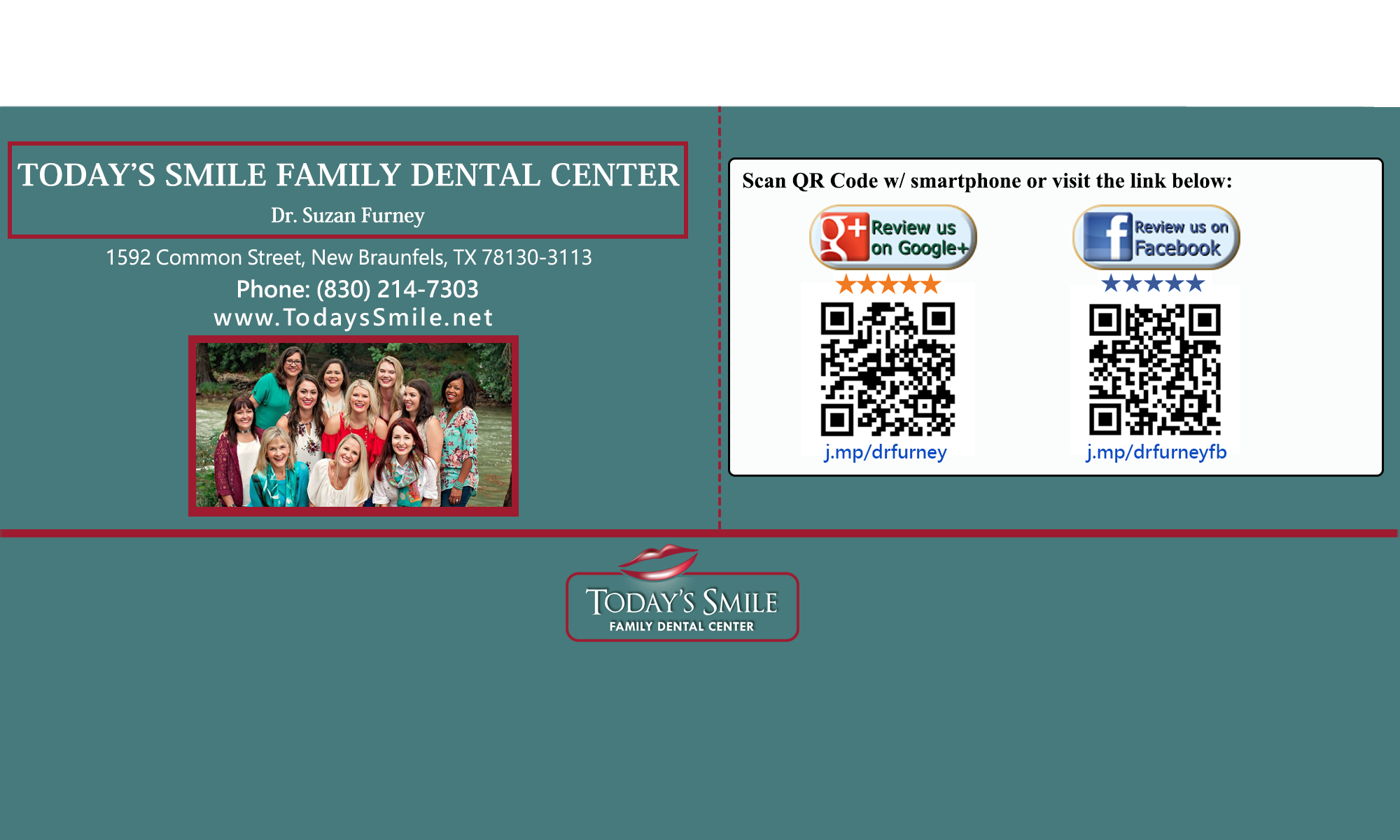Dental plaque is a film that builds up on your teeth and, if it is not removed through good oral hygiene, it can lead to tooth decay and gum problems.
Over time it can ultimately form a hard, rough sediment known as dental tartar or calculus, which attracts further plaque buildup.
Calculus has to be removed by a trained professional such as a hygienist or dentist.
They may do this by manual tooth scaling or using an ultrasonic device.
If the buildup is light or moderate, the dentist or hygienist may use manual scaling instruments of various shapes and sizes.
If the buildup of tartar and stains is heavy, an ultrasonic cleaner may be used. This may be followed by hand scaling.
Build up of plaque can cause inflammation of the gums leading to breakdown of the connection between the teeth and the supporting structures.
Root planing is a procedure to treat gum disease by thoroughly scaling the roots of teeth to establish a smooth, calculus-free surface.
This treatment may require local anesthesia to prevent pain. Thorough periodontal scaling customarily involves several dental visits
If conditions are more advanced, surgery may be needed for complete debridement of the roots to arrest the disease process.
Some people tend to have more buildup of calculus than others and some may be more prone to periodontal inflammation or the development of tooth decay.
It’s therefore important to follow your hygienist’s advivce on how often to return for regular cleanings – even if your insurance only covers two a year.
